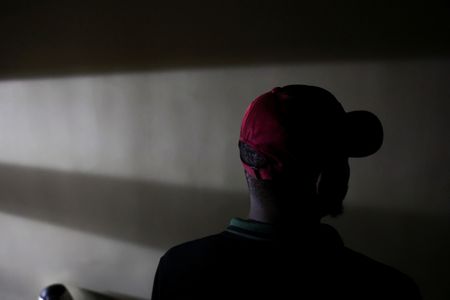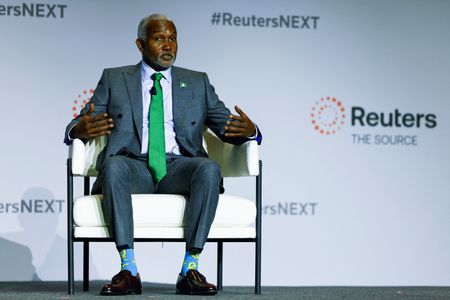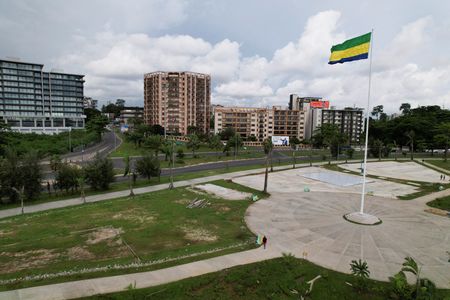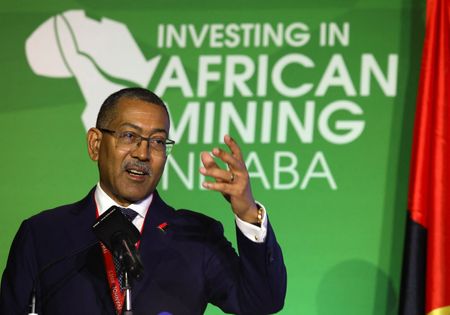By Camillus Eboh
ABUJA (Reuters) -Nigerian lawmakers on Wednesday launched an investigation into how $4.6 billion in international aid grants between 2021 and 2025 was used, saying the money had failed to prevent high mortality rates from HIV, tuberculosis and malaria.
In a motion presented to the Nigeria’s House of Representatives they said urgent oversight and a reevaluation of current strategies was necessary to prevent the country missing the United Nations Sustainable Development Goal of ending epidemics of those diseases by 2030.
The House directed its Committee on HIV/AIDS to report back after a month to propose legislative action.
The committee will investigate the grants provided by the United States Agency for International Development and the Global Fund to fight AIDS, Tuberculosis and Malaria.
The Nigerian politicians noted that the United States Emergency Plan for AIDS Relief also contributed $6 billion over the same period to support HIV/AIDS treatment and strengthen health systems.
“Despite these significant investments, Nigeria remains burdened by public health challenges, including 51,000 AIDS-related deaths in 2023, ranking third globally,” the parliamentary motion said.
Nigeria accounted for 31% of global malaria deaths and ranked first in Africa and sixth globally for tuberculosis cases, the lawmakers said.
U.S. President Donald Trump since returning to office in January has led the way in cutting foreign aid budgets, prompting humanitarian workers to warn he has put the lives of vulnerable people, especially in Africa, at risk.
(Reporting by Camillus EbohEditing by Chijioke Ohuocha and Barbara Lewis)










